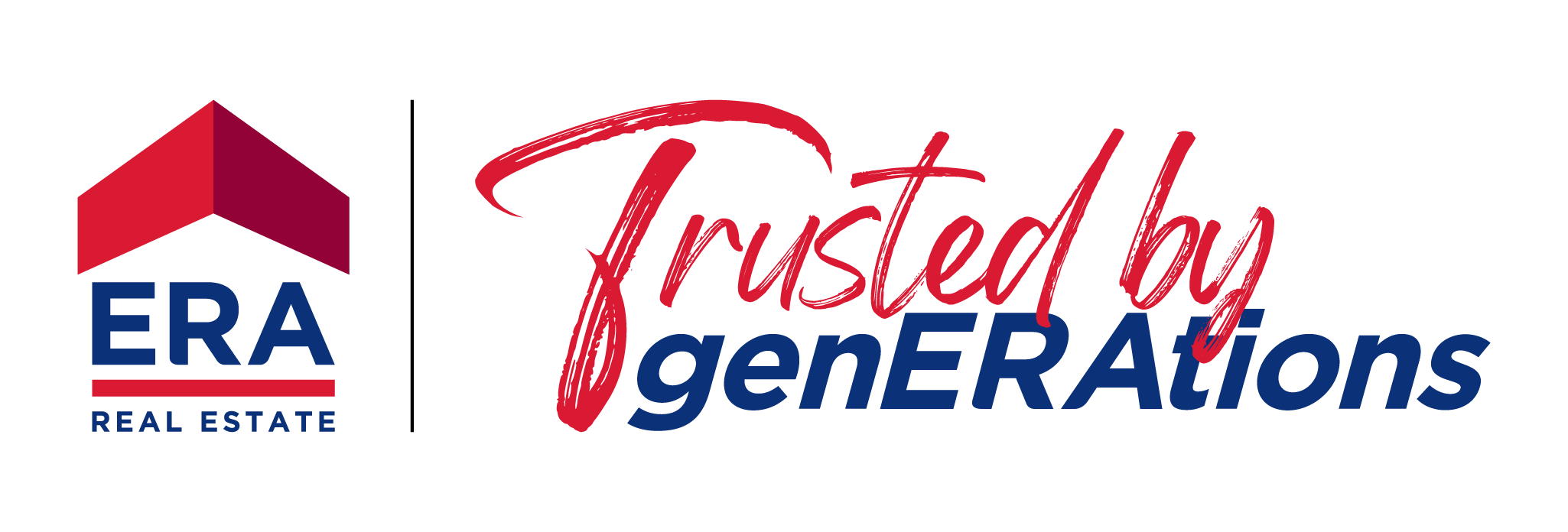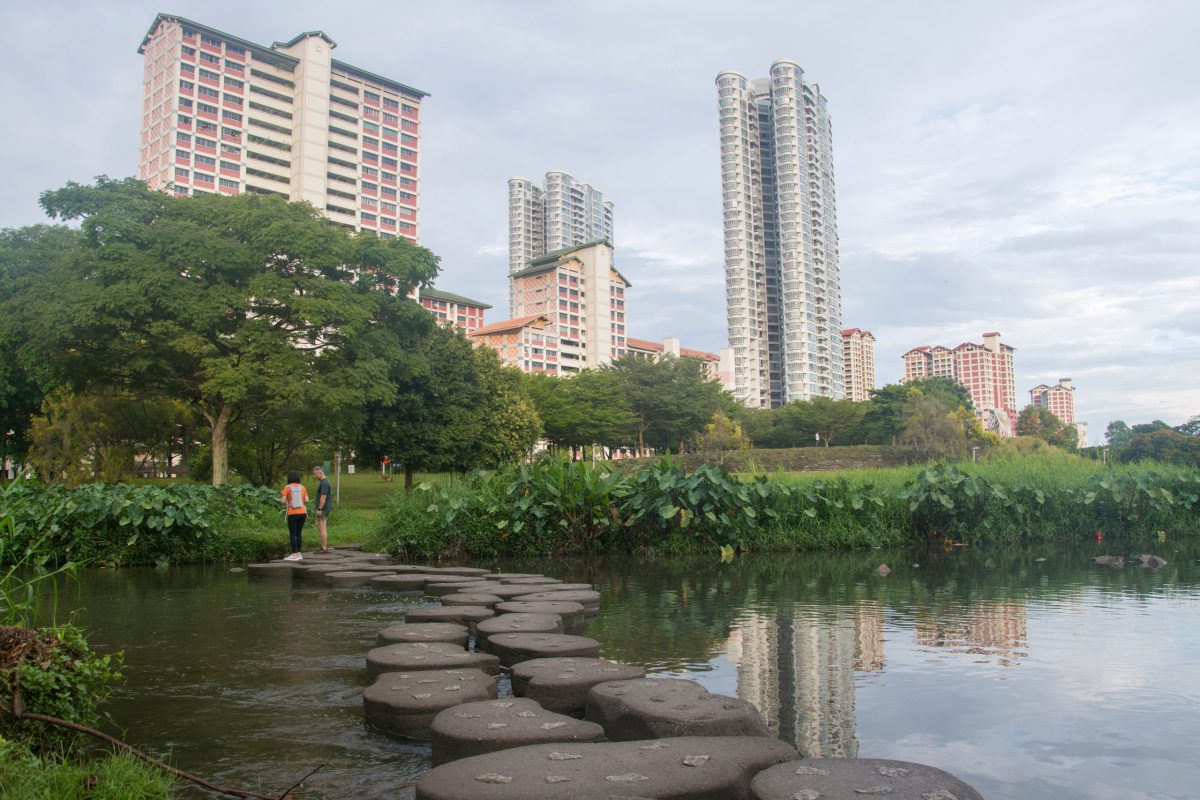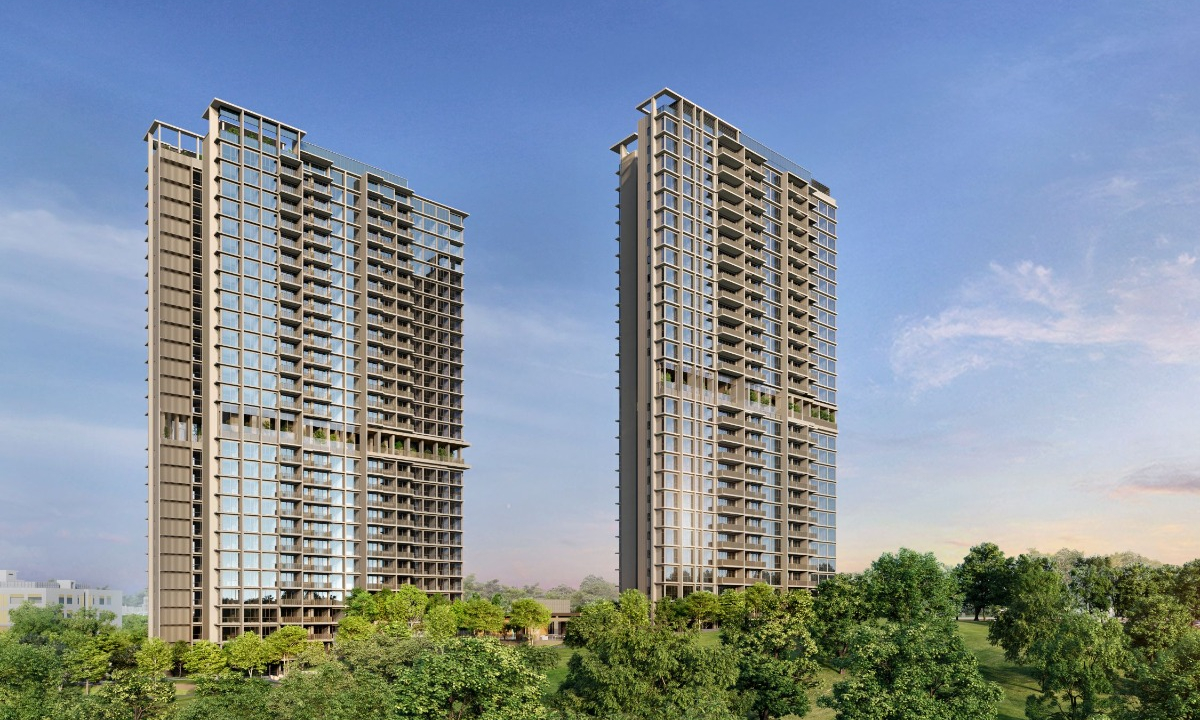2024 ‘My Dream Home’ Survey: 57% Prioritise Affordability as the Key to Home Satisfaction
- By administrator
- 3 mins read
- HDB, Private Residential (Non-Landed)
- 15 Aug 2024
The results are in! Recently concluded on 23 July 2024, ERA Singapore’s inaugural ‘My Dream Home’ survey uncovers a treasure trove of insights about the homebuying preferences, residential needs, housing budgets, and property aspirations of Singaporeans of all ages.
The survey, which was conducted in partnership with Ngee Ann Polytechnic, drew key insights from the responses of 1,737 participants. We were able to take the pulse of Singapore’s dynamic property market from the perspective of four generational cohorts: Gen Z (21 – 27 years old), Millennials (28 – 43 years old), Gen X (44 – 59 years old), as well as Baby Boomer and Seniors (60 years old and above).
Download our comprehensive 22-page report – and discover what constitutes a dream home for local property buyers!
Key Insights
Gen Z targets BTO and HDB resale flats as first homes, has upgrading aspirations
85% of Gen Z respondents indicated homeownership as “important” or “very important”. This is further underscored by the fact that 35% have plans to purchase a property within the next three to five years.
With their budding careers and earning capacities, only 24% of Gen Z currently own their homes. 23% of Gen Z will buy resale HDBs while 59% of Gen Z look to a BTO flat for their first property purchase.
59% of Gen Z aspires to upgrade to a new private condominium in the next three to five years, with the North-East as the most popular location. This is likely due to the affordability of homes in this region. Conversely, Gen Z respondents seeking an HDB flat primarily favoured the East, with approximately 24% indicating it as their top choice.
When considering housing budgets, Gen Z respondents displayed distinct preferences. Among those interested in buying a private condominium, over half (55%) indicated they have a budget of between $1M–2M. In comparison, 61% of Gen Z respondents keen on buying HDB flats have a budget ranging between $500K-$1M.
One-third of millennials aspire to buy a condo, but will balance affordability with size to meet their housing needs
Within the total survey cohort of millennials, a large majority (77%) reported satisfaction with their present housing arrangements. A healthy 35% of the total millennial cohort expressed aspirations of moving into a private condo. Most millennial condo seekers (54%) target a price range of
$1M- $2M for their next property, a substantial segment (20%) are ready to invest between $2M-$3M.
Another 45% of millennials indicated interest in purchasing an HDB flat. 62% are willing to spend between $500K-$1M, a healthy budget for the vast majority of HDB resale flats. Based on HDB resale transactions in 1H 2024, 97% of the flats transacted were below $1M.
Additionally, millennials did not express a strong preference for either new or resale condos. Instead, their property purchasing decisions are strongly influenced by their housing needs, such as affordability and size.
This inclination may be traced back to millennials’ longer career trajectories, providing them with a longer horizon for wealth accumulation compared to older generations. Additionally, the absence of immediate retirement financial pressures grants millennials more flexibility with their housing budgets.
Gen Xers are the most satisfied with their housing situation, focused on buying a new private condo in the future
Similar to their millennial counterparts, Gen Xers showed the most interest in purchasing private condos and HDB flats for their future homes, while also demonstrating relatively equal disposition towards these property types.
Of the Gen Xers surveyed, 37% indicated an interest in purchasing a private condo. Within this segment of Gen Xers, most respondents (54%) indicated that they had a preferred budget of $1M-$2M for a future private condo and 18% of Gen Xers are comfortable with a budget range of $2M-$3M.
Among Gen Xers looking to buy a private condo, an overwhelmingly 64% of them prefer new condominiums, far surpassing other generational cohorts. This preference likely stems from the appeal of greater potential for capital appreciation – qualities that align well with the long-term financial goals of Gen Xers.
As early entrants into Singapore’s property market, Gen Xers have benefitted from price appreciations during past market booms, and they strongly believe that properties are sound investment vehicles.
Even so, roughly 44% of all Gen X respondents expressed interest in purchasing an HDB flat for their future residence. Notably, even though the bulk of Gen Xers (51%) belonging to this subgroup indicated that they had a budget of $500K-$1M in mind, a substantial number of them (46%) showed a preference for a more conservative budget of under $500K.
The conservative budget of under $500K could indicate their intent to move to smaller flats. In 1H 2024, 32% of resale transactions were transacted under S$500K and well distributed island-wide.
Boomer and seniors are satisfied with their current homes, have strong desire to right-size and leave a legacy
Although 78% of boomer and senior respondents reported being “satisfied” or “very satisfied” with their current residences, there remains substantial interest in continuing their property journey, with 54% of this demographic expressing intentions to purchase another property.
This interest may be driven by a desire to right-size, given that 33% of the above demographic consists of two-person households, the highest percentage among all age groups. Supporting this notion, the large majority of all boomer and senior respondents (70%) indicated that their future property purchase is intended for their own stay.
By right-sizing, older Singaporeans can avoid getting caught in a financial pincer, with rising maintenance costs on one end and the need for home accessibility improvements on the other. Moreover, doing so offers the opportunity to unlock retirement funds through the sale of their current home.
The ABSD refund for single seniors aged 55 and above, announced in April 2024, could further motivate this group of buyers to right-size.
Download the full report in PDF
Disclaimer
This information is provided solely on a goodwill basis and does not relieve parties of their responsibility to verify the information from the relevant sources and/or seek appropriate advice from relevant professionals such as valuers, financial advisers, bankers and lawyers. For avoidance of doubt, ERA Realty Network and its salesperson accepts no responsibility for the accuracy, reliability and/or completeness of the information provided. Copyright in this publication is owned by ERA and this publication may not be reproduced or transmitted in any form or by any means, in whole or in part, without prior written approval.




